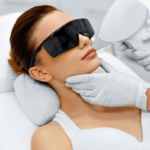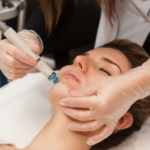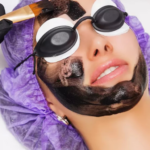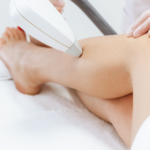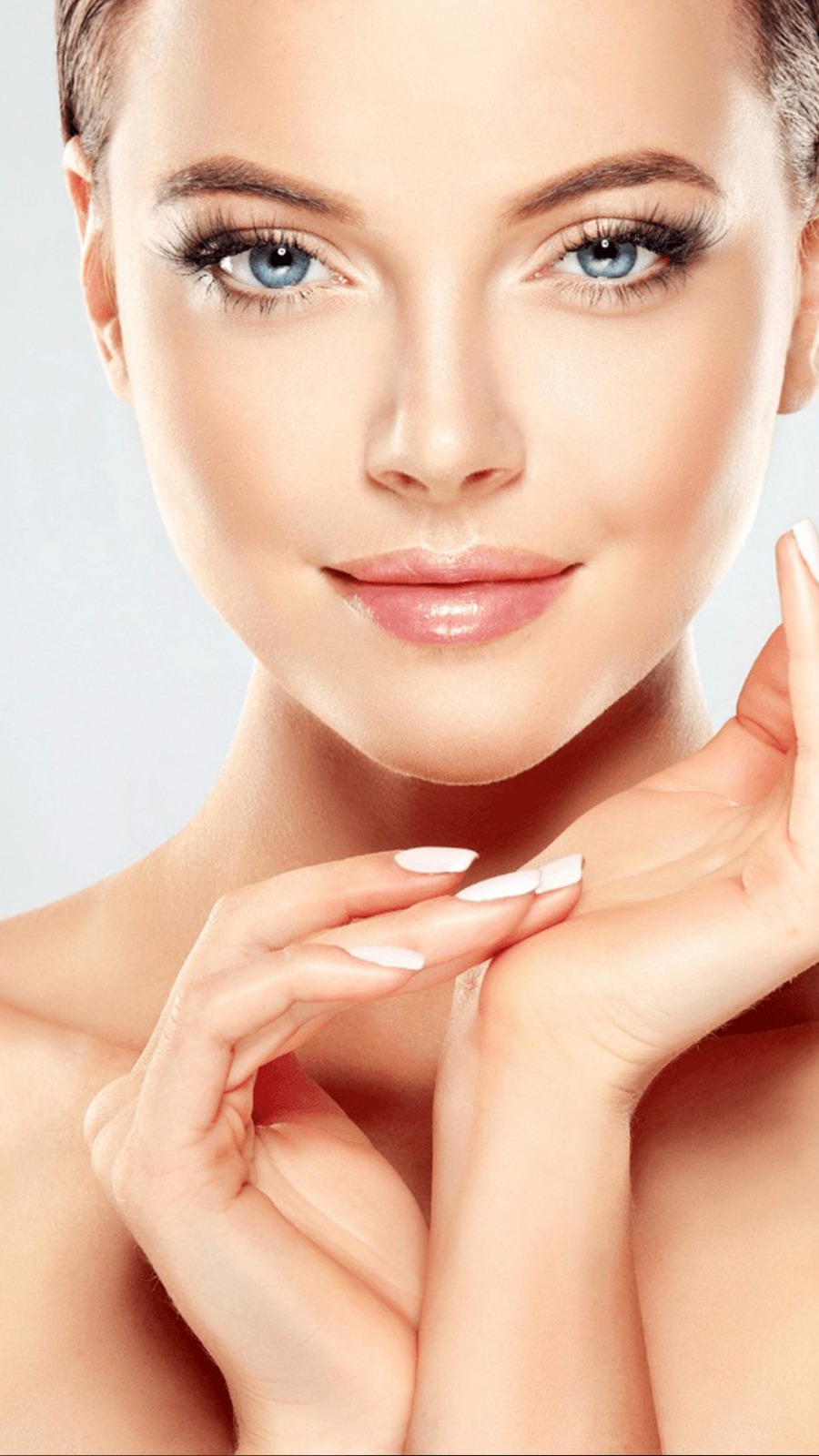
Hair thinning can be a distressing experience for many individuals, impacting both men and women across various age groups. Whether it’s noticing more hair in the shower drain or feeling your scalp more exposed than before, understanding the causes behind hair thinning is the first step towards addressing this concern effectively.
Common Causes of Hair Thinning
1. Genetics: One of the primary causes of hair thinning is genetic predisposition. This condition, known as androgenetic alopecia or male/female pattern baldness, can start as early as in one’s twenties or thirties. It typically manifests as a gradual thinning of hair, often beginning at the crown or temples.
2. Hormonal Changes: Fluctuations in hormones due to pregnancy, childbirth, menopause, or thyroid disorders can contribute to hair thinning. These hormonal shifts affect the hair growth cycle, leading to increased shedding and reduced thickness of hair strands.
3. Nutritional Deficiencies: A diet lacking in essential nutrients like vitamins (especially B vitamins and vitamin D), minerals (such as iron and zinc), and proteins can impact hair health. Hair follicles require these nutrients to produce strong, healthy hair. Deficiencies can lead to weakened hair strands and increased shedding.
4. Stress: Chronic stress can have a profound impact on overall health, including hair health. Stressful events or prolonged periods of anxiety can disrupt the hair growth cycle, pushing more hair follicles into a resting phase called telogen effluvium. This condition often results in noticeable hair shedding and thinning.
5. Medical Conditions: Certain medical conditions like alopecia areata (an autoimmune disorder), scalp infections, and chronic illnesses (such as lupus) can cause hair thinning. Treating the underlying medical issue is crucial to addressing the associated hair loss.
6. Medications: Some medications, particularly those used to treat cancer, arthritis, depression, heart problems, and high blood pressure, can cause hair thinning as a side effect. If you notice significant hair loss after starting a new medication, consult your healthcare provider for advice.
7. Hair Care Practices: Overuse of styling tools (like straighteners and curling irons), harsh chemical treatments (including bleaching and perming), and tight hairstyles (such as ponytails and braids) can weaken hair and contribute to breakage and thinning.
Addressing Hair Thinning
Understanding the cause of your hair thinning is crucial in determining the most effective course of action. Depending on the underlying factor, here are some steps you can take:
1. Improving Nutrition: Ensure your diet includes a variety of nutrient-rich foods. Incorporate lean proteins, fruits, vegetables, whole grains, and foods rich in vitamins and minerals essential for hair health.
2. Managing Stress: Practice stress-reducing techniques such as meditation, yoga, deep breathing exercises, or engaging in hobbies that you enjoy. Getting an adequate amount of sleep is also vital for overall stress management and hair health.
3. Hair Care: Be gentle with your hair. Opt for gentle shampoos and conditioners that match your hair’s specific needs. Avoid excessive heat styling and harsh chemical treatments. Opt for loose hairstyles that don’t pull on the hair follicles.
4. Medical Evaluation: If you suspect a medical condition or medication is causing your hair thinning, consult with a healthcare professional. They can perform tests to diagnose underlying issues and recommend appropriate treatments or adjustments.
5. Topical Treatments: For androgenetic alopecia, topical treatments like minoxidil (Rogaine) may help stimulate hair growth and slow down further thinning. Prescription medications like finasteride may also be prescribed in some cases.
6. Hair Restoration Treatments: In cases of advanced hair thinning or baldness, hair restoration treatments such as hair transplant surgery or scalp micropigmentation (SMP) can provide long-term solutions for restoring hair density.
Summary
Understanding the causes of hair thinning is essential for implementing effective solutions. Factors such as genetics, hormonal changes, nutritional deficiencies, stress, medical conditions, medications, and hair care practices can all contribute to hair thinning. By identifying the underlying cause, individuals can take appropriate steps to address their specific hair loss concerns.
For those in Pune looking for effective solutions to hair thinning and other beauty concerns, VLCC Beauty Clinic in Wakad offers a range of specialized treatments. Whether you’re seeking the best anti-aging facial in Pune or personalized advice on hair care, VLCC Beauty Clinic provides expert guidance and advanced treatments tailored to your needs.
By prioritizing hair health and addressing the root causes of hair thinning, individuals can achieve thicker, healthier-looking hair and boost their confidence in their appearance.
